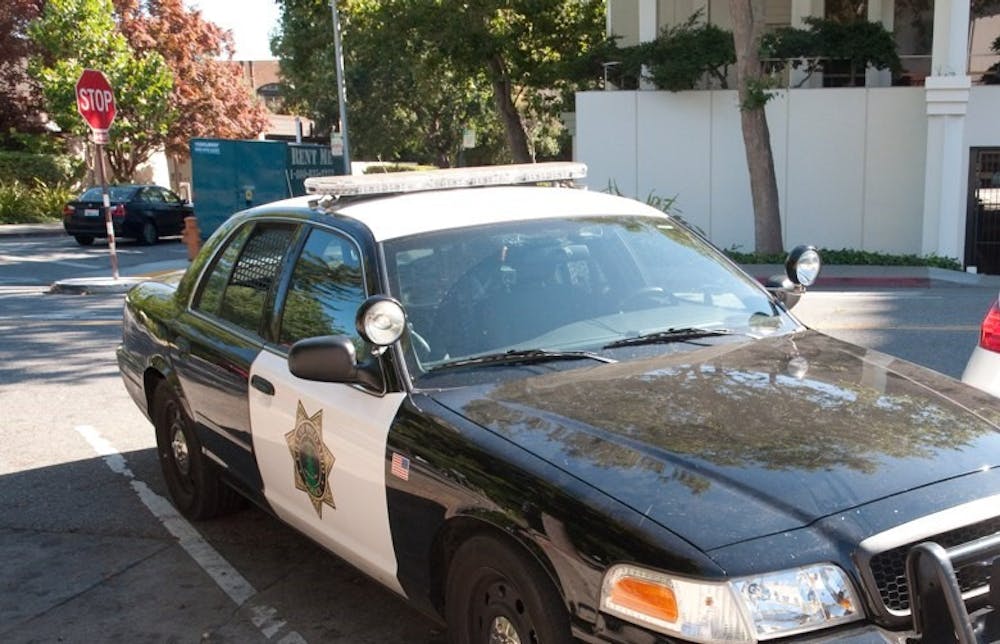The first step in bringing about change is through caring about things that don’t affect us directly.

Social injustices are so frequent, that they have become normalized in our minds, halting effective action taking. Time and proximity play a major role in the way we process and react to the different social injustices around the world and even the issues right in front of us.
For example, according to NASA Global Climate Change, multiple studies show that 97 percent of scientific researchers believe in the reality of climate change, though many people, especially politicians, debate its existence. This is because we don’t directly see the melting glaciers or the rising sea levels, instead we get the randomly sunny days followed by the icy cold ones. It’s also because the most disastrous consequences of climate change will more so catastrophically effect future generations than the present.
We see this apathy in the wide range social issues. It’s easier and simpler to just shut off the “depressing” news, constantly repeating similar stories with just different names and places.
We especially see this in cases of discrimination, sexual assault, homophobia, gun violence, healthcare and so much more. For instance, since cases of police brutality and sexual assault, happen so frequently, eventually every account becomes just another story, and oftentimes just another statistic. Why is the deadly crisis of Syrian refugees still largely unsolved and ignored? Refugees at the U.S. border are being forced to return to war lands. While immigrants are either caged in by a dehumanizing border or separated from their families after years of building their roots and raising their children in this country. Where are the conversations on the 1.8 million Uighur Chinese Muslims currently in concentration camps? Paul Slovic, a psychologist at the University of Oregon, explained to Vox that his concept of “psychic numbing” plays a role.
Through psychic numbing, as the number of victims in a tragedy increases, our motivation to help decreases.
Whatever the reason is, it is time we overcome our personal apathy and take action. We can look at every issue mentioned, and be doubtful of what we as individuals can possibly influence. Or we can decide to use our voices to bring about a change to fight these injustices, whether we are part of the oppressed community or not. It starts with getting informed about the issues that might not affect us or our groups directly.
Through education, we can become part of crucial conversations that can have powerful impacts on the systemic unjust system. We can raise awareness in our social circles, and realize the significant effect we can have using our voices and resources if we just take the first step of starting with what we can do collectively. It is necessary that silence and apathy should be replaced by activism and empathy.
Werdeh Hassan is a sophomore psychology major from Cliffside Park, NJ. She can be reached at werdeh.hassan@student.shu.edu.





